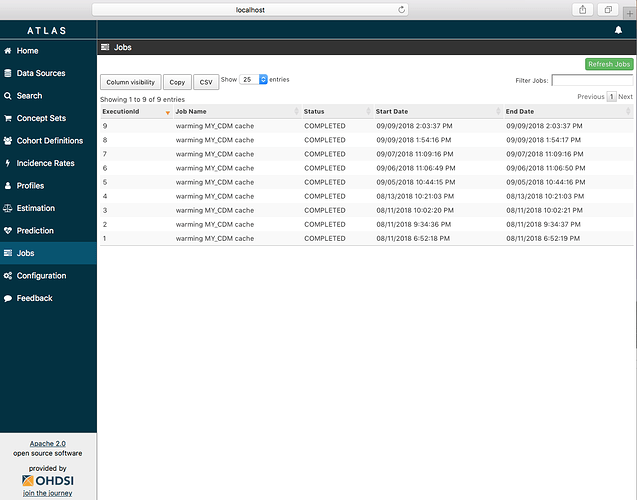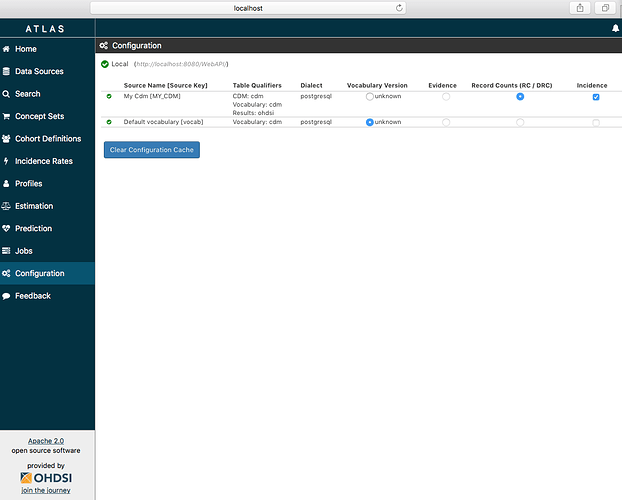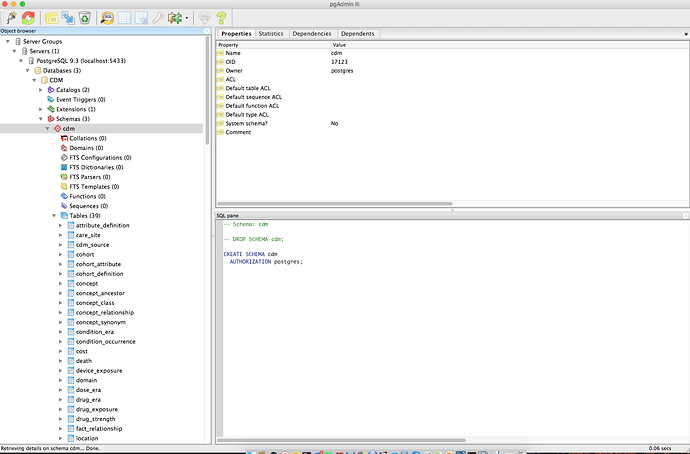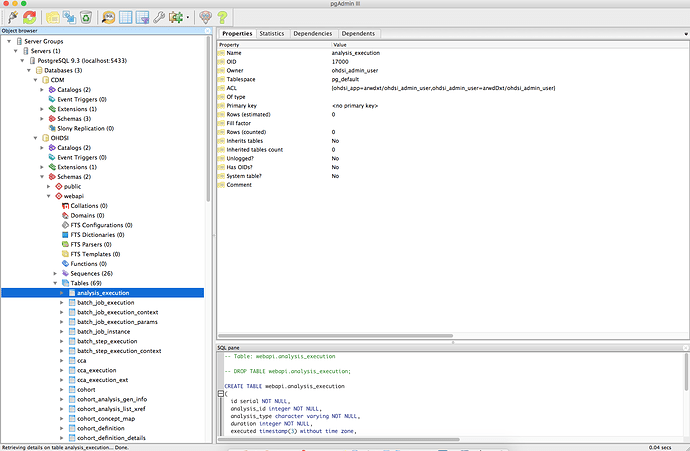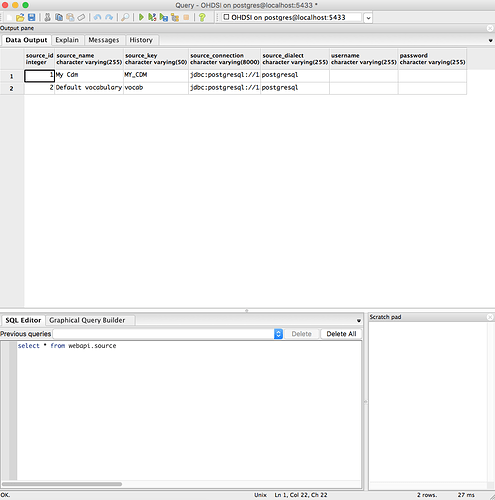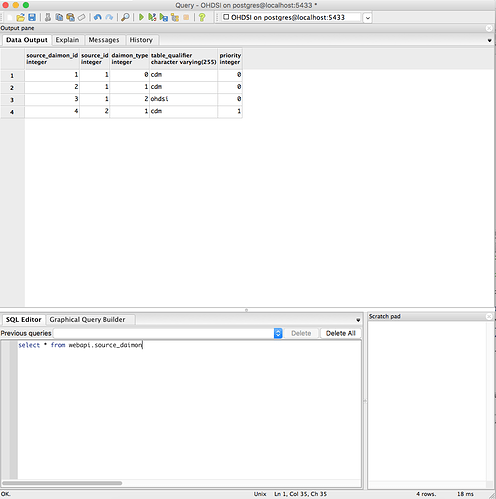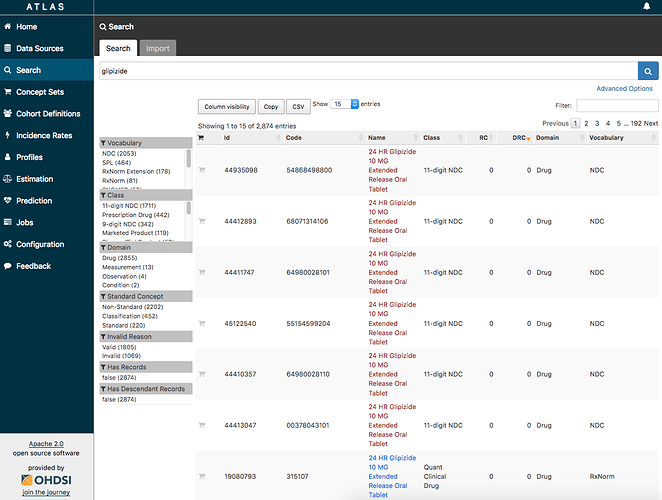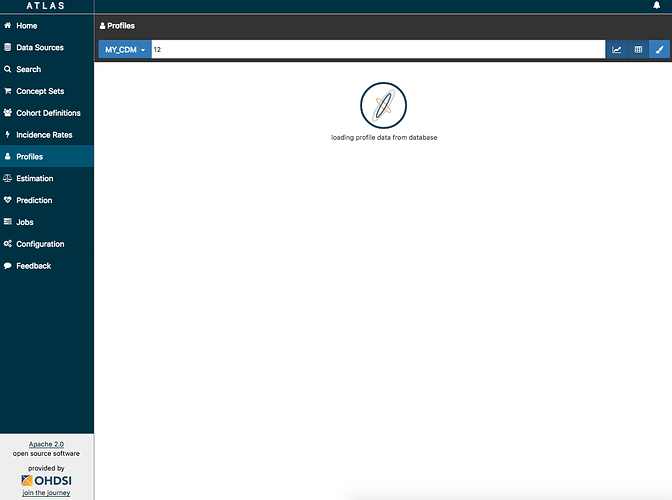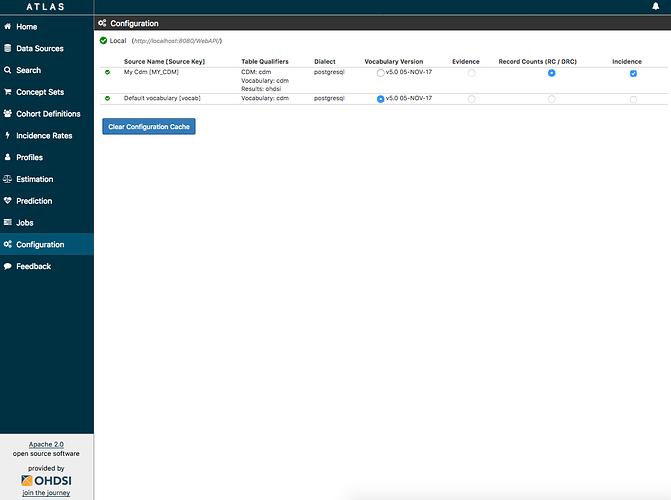Hi there,
I was try to install Achilles using the install_github command in R Studio but encountered errors in installation. Currently using a Mac OSX and if i type java -version on the terminal, it is java version “1.8.0_91”
Below is the error message in Rstudio.
> install_github("ohdsi/SqlRender")
Downloading GitHub repo ohdsi/SqlRender@master
from URL https://api.github.com/repos/ohdsi/SqlRender/zipball/master
Installing SqlRender
'/Library/Frameworks/R.framework/Resources/bin/R' --no-site-file --no-environ --no-save --no-restore \
--quiet CMD INSTALL \
'/private/var/folders/h0/_ywzt1zx7nn93k337156lprr0000gn/T/RtmpPHsitR/devtools40941abfa33/OHDSI-SqlRender-b87d04f' \
--library='/Library/Frameworks/R.framework/Versions/3.4/Resources/library' --install-tests
During startup - Warning messages:
1: Setting LC_CTYPE failed, using "C"
2: Setting LC_TIME failed, using "C"
3: Setting LC_MESSAGES failed, using "C"
4: Setting LC_MONETARY failed, using "C"
* installing *source* package 'SqlRender' ...
** R
** inst
** tests
** preparing package for lazy loading
Error : .onLoad failed in loadNamespace() for 'rJava', details:
call: dyn.load(file, DLLpath = DLLpath, ...)
error: unable to load shared object '/Library/Frameworks/R.framework/Versions/3.4/Resources/library/rJava/libs/rJava.so':
dlopen(/Library/Frameworks/R.framework/Versions/3.4/Resources/library/rJava/libs/rJava.so, 6): Library not loaded: /Library/Java/JavaVirtualMachines/jdk-9.jdk/Contents/Home/lib/server/libjvm.dylib
Referenced from: /Library/Frameworks/R.framework/Versions/3.4/Resources/library/rJava/libs/rJava.so
Reason: image not found
ERROR: lazy loading failed for package 'SqlRender'
* removing '/Library/Frameworks/R.framework/Versions/3.4/Resources/library/SqlRender'
* restoring previous '/Library/Frameworks/R.framework/Versions/3.4/Resources/library/SqlRender'
Installation failed: Command failed (1)
Appreciate any help or advice here. Thank you in advance 
Regards,
Hui Xing


